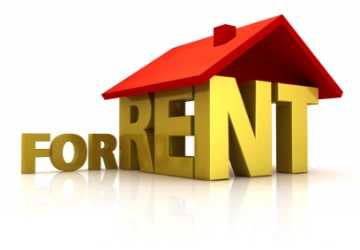Real estate
High interest rates on rental properties indicate that you are reinvesting in the property. Paying off your mortgage in high instalments over a long period of time can be exhausting. Home refinancing can help lower your interest rate at a lower rate over a long period of time. Those who refinance can have strict requirements and proper documentation to qualify for the loan.
Reasons You Might Consider Refinancing Your Property
This is an investment opportunity. Funding from the lender can be used to buy another investment opportunity to double your income.
Real estate capital builds up when you buy land and build on it a few years later. You can refinance your property for an amount higher than its original value. Earned profits can be used for other capital expenditures and debt.
Customizable monthly payments. Investment property refinancing can be adjusted according to the terms of your contract with the lender. You can choose to extend the repayment period in the long term or shorten the repayment period to pay off the loan faster.
This allows you to renovate your existing property and make it more attractive to new tenants.

Steps to Refinance Your Property
Paperwork. Documents such as Form W-2, homeowners insurance, and proof of income are required. Incorrect or outdated documents can delay or deprive you of opportunities.
Application. This is mostly available online. If you have good credit, some lenders offer prequalification and preapproval options. Apply when you're ready and pay close attention to lender feedback.
The lender will review your application to determine if you qualify for a quote. An offer will then be made. Check tariffs and fees before blocking them. If you are not satisfied with the offer, you can wait for a price increase.
Underwriting. After you apply, a write-off will be made to verify your paperwork, income, assets and financial situation. Coverage can take a week or even a few days.
Make a deal. Time to finalize the contract and sign the agreement with the lender. Read the contract carefully and ask for clarification.
Refinancing Documents
Homeowners Insurance. It ensures that your home is adequately covered.
Proof of Income; Income gives you confidence that you have one or more sources of income.
Title Insurance. Verification requires legal ownership of property and avoids fraud.
Asset Information. Blocked bank statements, savings, and 401k statements can be used as security or as a prepayment for future unexpected expenses.
W-2 documents and tax returns; this will check your income history. Self-employed persons must submit tax returns and bank statements.
Appreciate; your lender commissions a real estate appraisal during the refinancing process to assess current market value and earning potential.

Refinancing needs
Your profile tells your lender that you can pay your mortgage.
Creditworthiness; a good credit score can give you a good credit history and a more likely range of good mortgages.
Equity capital; when refinancing a rental property, the bank must check whether the value of the property exceeds the current mortgage balance.
Cash Reserve; requires a cash amount equivalent to up to one year's mortgage. Minimum requirements are calculated based on new mortgage payments on the property.
DTI ratio; recommended debt-to-income ratio below 43%. It ensures that you are not overburdened with too much debt that you cannot pay.
Closing costs; loan amount and the location of the property can affect how much you pay


